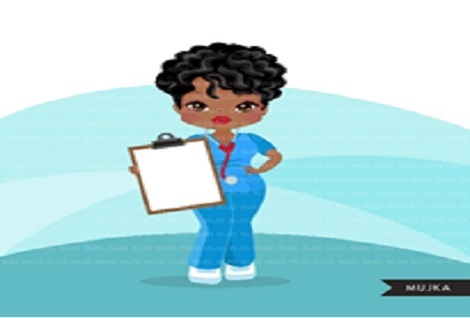Blog

HEALTH MINUTE – Having information at the ready.
- Mujka
-
Hits: 1135
As a nurse, I have had varied experiences in gathering medical history from patients and families. I found that those who kept an organized personal health record had better satisfaction with their healthcare appointments and experiences—perhaps because healthcare providers are supplied with a more complete health picture. In an emergency, having records at the ready can also be helpful for health care providers to treat the patient more effectively.
The task of accessing, maintaining, and organizing health history information can seem so overwhelming. However, just think of the positive side, getting the upper hand on records and organizing key health information for you and your loved ones can give you a better experience when needing medical care
For example, if you are at a big family thanksgiving dinner and “Big Mama” is experiencing what could be a heart attack or stroke, getting her more proper care depends on health care providers having the most up to date information and having it quickly. Not having basic information such as allergies, any medications she is taking, what her chronic health conditions are could significantly delay her care. The longer it takes for health care providers to find out which medications are being taken and any chronic diseases she might have, the longer it takes to decide and give medication or treatment that is best for the situation.
If you or a loved one has a chronic condition, prepare for routine appointments by keeping a log of recent relevant factors like blood pressure and blood sugar. If you can, include the time of day so that your doctor can help figure out whether changes in your health are related to the condition, medications, changes in nutrition, activity, or stress levels. Other valuable information to have organized in the home medical record is:
- Mujka
